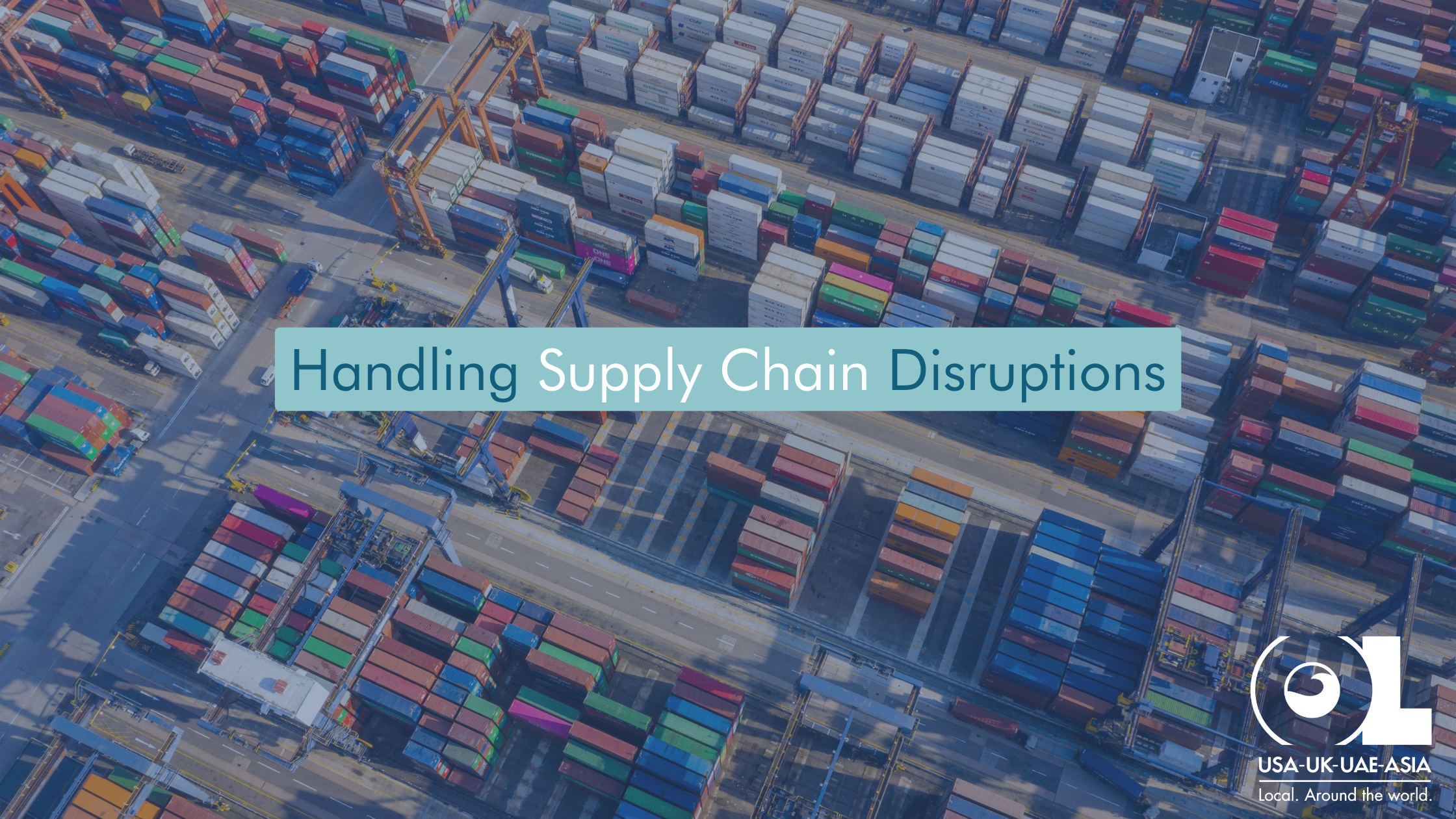In today’s dynamic business landscape, supply chain disruptions have become a common occurrence that can significantly impact a company’s operations and bottom line. These disruptions refer to any unexpected events or changes that disrupt the flow of goods, services, and information within a supply chain network. From natural disasters to changes in customer demand, these disruptions pose significant challenges to businesses worldwide.
Effective supply chain management is crucial for businesses to mitigate the impact of disruptions and maintain a resilient and responsive supply chain. This is where the role of third-party logistics (3PL) providers comes into play. 3PL providers specialize in managing various aspects of the supply chain, from warehousing and transportation to inventory management and order fulfillment. They offer a range of services to help businesses streamline their logistics operations and navigate the complexities of supply chain disruptions.
Types of Supply Chain Disruptions
- Natural disasters and extreme weather events:
Unpredictable events such as hurricanes, earthquakes, floods, or wildfires can cause widespread disruptions to transportation networks, damage infrastructure, and disrupt supplier operations.
- Supplier issues and disruptions in the upstream supply chain:
Supplier bankruptcy, production delays, quality issues, or labor disputes can disrupt the flow of raw materials or components, impacting manufacturing and order fulfillment processes.
- Transportation disruptions and delays:
Transportation disruptions can include port congestion, strikes, fuel shortages, or accidents, leading to delays in product deliveries and increased logistics costs.
- Changes in customer demand and market dynamics:
Shifts in customer preferences, sudden spikes or drops in demand, or the introduction of new products can disrupt supply chains, leading to inventory imbalances and potential stockouts.
- Political and regulatory changes impacting global trade:
Tariffs, trade agreements, customs regulations, or political instability in certain regions can create uncertainties and disrupt international supply chains.
How A Competent Partner Can Help
A. Flexibility and scalability:
One of the key benefits of partnering with a 3PL provider in managing supply chain disruptions is their scalability. 3PLs offer tailored solutions to meet the unique needs of businesses, allowing them to quickly adapt to market changes. During disruptions, such as shifts in demand or distribution patterns, 3PLs can swiftly adjust their services. They have the expertise and resources to increase warehouse space, transportation capacity, and implement new distribution strategies.
3PLs also excel in adapting to evolving market conditions. They stay informed about industry trends, regulations, and market dynamics, enabling them to proactively adjust their strategies. This flexibility provides businesses with a competitive edge and enhances their resilience. Additionally, 3PLs leverage their networks and partnerships to provide scalable solutions. By tapping into existing relationships, they can quickly allocate necessary resources without businesses having to invest in additional infrastructure or bear fixed costs during uncertain times.
B. Access to a diverse network of transportation and warehousing resources:
Access to a diverse network of transportation and warehousing resources is a significant advantage provided by 3PL providers in managing supply chain disruptions. These providers have extensive networks of carriers, warehouses, and distribution centers, enabling businesses to leverage their resources during challenging times. When disruptions occur, such as transportation delays or capacity constraints, 3PLs can quickly tap into their network to find alternative solutions, ensuring minimal disruptions to business operations. They offer access to strategically located warehouses, allowing for efficient inventory management and faster order fulfillment. By utilizing different warehouse locations based on demand fluctuations, businesses can ensure timely delivery, even during disruptions. Additionally, 3PL providers’ expertise in matching businesses with suitable transportation and warehousing resources helps optimize supply chain solutions and mitigate disruptions. The established relationships and volume discounts they have with carriers and warehousing partners result in potential cost savings for businesses, enhancing their ability to allocate resources effectively during uncertain times.
C. Rapid response and mitigation strategies:
3PL providers excel at swiftly responding to supply chain disruptions, minimizing their impact on businesses. They can re-route shipments, source alternative suppliers, expedite deliveries, and help adjust inventory levels during disruptions.
When faced with transportation disruptions, 3PL providers quickly identify alternative routes and carriers, ensuring timely deliveries and avoiding prolonged delays. They leverage their industry relationships and networks to source alternative suppliers when primary suppliers are unable to fulfill orders. This ensures a continuous supply of goods to meet customer demands.
Additionally, 3PL providers offer expedited delivery options through their transportation resources or carrier networks. This enables businesses to meet urgent customer needs and replenish critical inventory levels, even during disruptions. They also assist in optimizing inventory levels by closely monitoring market dynamics, demand fluctuations, and the impact of disruptions. This guidance helps businesses deploy excess inventory or implement inventory reduction strategies to mitigate financial consequences.
D. Cost-effective solutions and risk mitigation measures:
3PL providers excel in offering cost-effective solutions and implementing risk mitigation measures during supply chain disruptions. They optimize transportation routes and consolidate shipments, reducing costs while maintaining service quality. These providers have the expertise to analyze factors like distance and carrier rates to identify the most efficient routes. By consolidating shipments, businesses can benefit from reduced transportation costs and improved efficiency.
In addition to transportation optimization, 3PL providers implement proactive risk mitigation strategies. They understand potential risks in supply chains and develop contingency plans. This includes identifying alternative suppliers and implementing safety stock strategies to ensure a continuous supply of goods. These measures help businesses minimize financial losses and maintain operational stability, even during disruptions.
3PL providers leverage their industry expertise and relationships to negotiate favorable rates with carriers and service providers. Through established partnerships and volume discounts, they secure cost savings for businesses. These savings contribute to overall logistics efficiency and allow businesses to allocate resources effectively during disruptions without excessive costs.
Overall, 3PL providers offer cost-effective solutions and risk mitigation measures that help businesses navigate supply chain disruptions. Their optimization of transportation routes, consolidation of shipments, and proactive risk management enhance resilience and ensure business continuity.
In summary, third-party logistics providers play a crucial role in managing supply chain disruptions. Their flexibility, expertise, access to resources, rapid response capabilities, and cost-effective solutions enable businesses to navigate through disruptions with minimized impact and maintain continuity in their operations. In the next sections, we will delve deeper into the strategies employed by 3PL providers to manage disruptions and explore real-world examples of their successful implementation.



